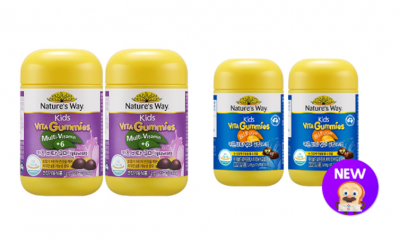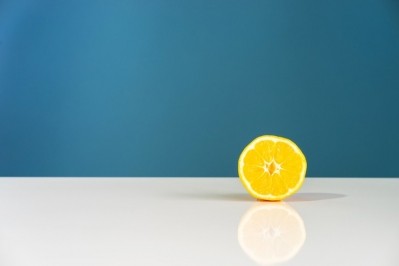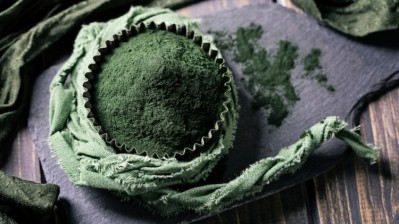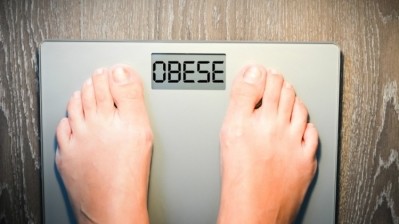Three year plan: South Korea national agencies to explore marine biomaterials for body fat reduction
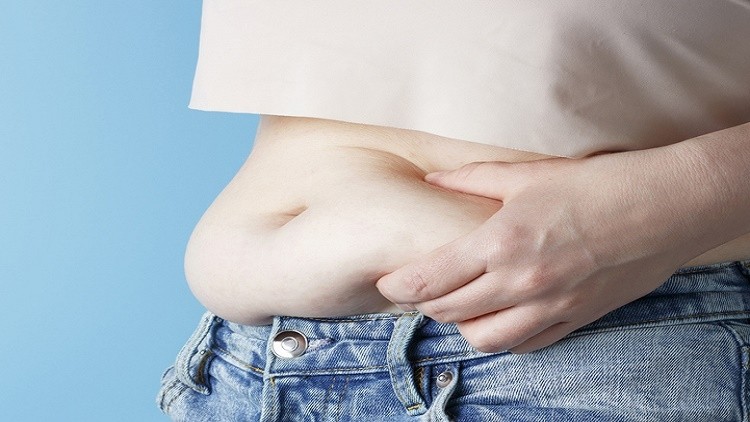
The research, spearheaded by the Ministry of Oceans and Fisheries (MOF) and the National Marine Biodiversity Institute of Korea (MABIK), will be conducted for three years from 2022 to 2024.
The eventual aim is to industrialise marine biomaterials, such as those containing carotenoids, for reducing body fat.
“The goal is to develop raw materials for reducing body fat from domestic marine microalgae containing carotenoids ingredients and to develop related health functional foods in the three years,” said a statement by the MOF.
Carotenoid is a natural pigment produced by microorganisms and microalgae, which is found to be effective in reducing body fat and serves as an antioxidant and anti-inflammatory.
A study published in Marine Drugs reported that the carotenoid fucoxanthin in edible seaweeds has shown anti-obesity effects.
The MOF believes that once domestic marine microalgae is commercialised, it could potentially replace imports.
Other institutes involved include MAUS (Microalgae Ask Us, also known as (주)마이크로알지에스크어스) – a start-up by Korea Institute of Science and Technology (KIST) and is in the field of microalgae research and development and HFF manufacturing. The start-up was founded in November 1, 2020.
As part of the plan, MABIK will find out the active ingredients present in microalgae that are responsible for reducing body fat, safety assessment in pre-clinical trials, and human clinical trials.
MABIK has been collecting and maintaining marine microalgal strains from diverse marine environments in Korea since 2016.
On the other hand, MAUS will be involved in the mass production of the microalgae raw material, standardisation of the microalgae raw materials, evaluation of the effectiveness of the raw materials, as well as establishing a standard production process of the raw materials.
Revitalising the use of biobank
The MABIK has been operating the Korean Marine Microalgae Biobank (KMMB) which is responsible for discovering raw materials from marine life resources for new product development in the areas of health functional foods (HFF) and cosmetics.
However, the use of KMMB has been limited to introducing and providing marine biomaterials instead of industrialising the materials. The MOF is thus actively promoting joint research with private firms to revitalise the use of KMMB.
So far, the KMMB has discovered 13,399 marine biomaterials for antibacterial and antioxidant purposes.
